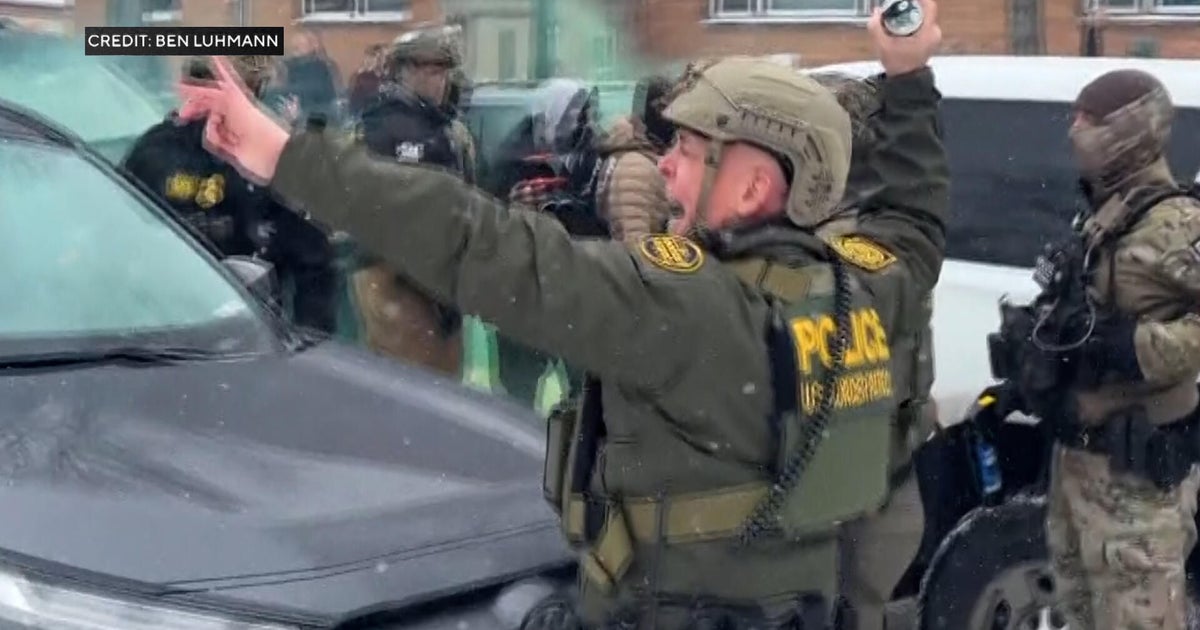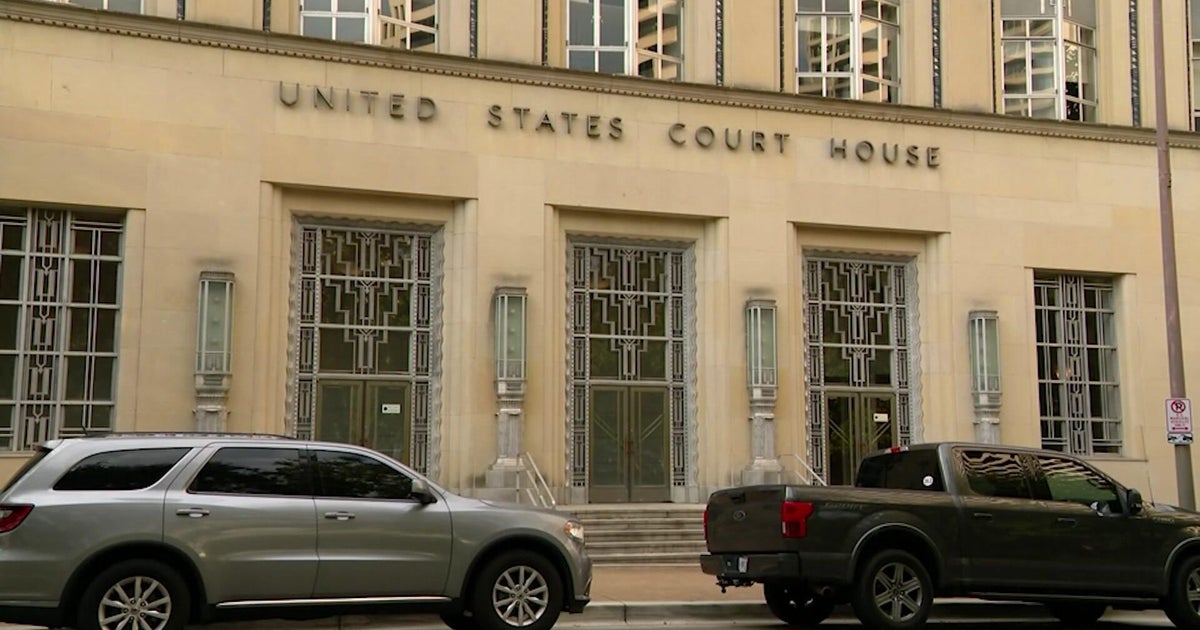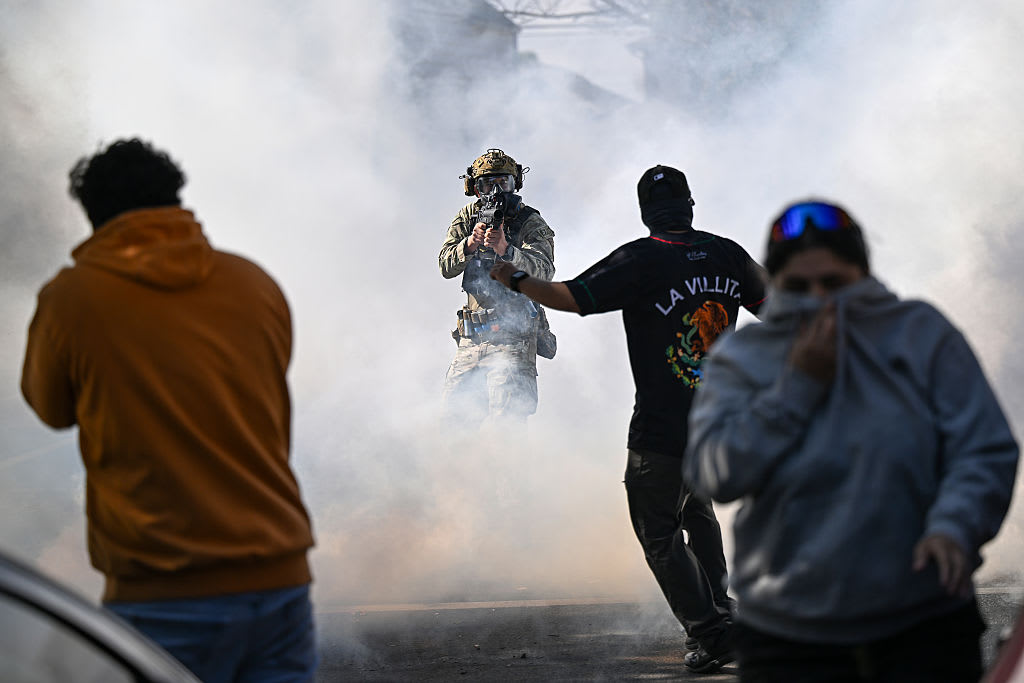Inside tent cities, the government's largest attempt at managing record flow of migrants
Border patrol agents are searching for two missing children and an adult migrant after their raft capsized while crossing the Rio Grande River into Texas earlier this week. On Thursday they found the body of a 10-month-old baby from the same migrant group from Central America. U.S. Customs and Border Protection said unauthorized border crossings surpassed 103,000 in March – the highest level in a dozen years.
CBS News got a first-hand look at the new tent facility in Donna, Texas, that's supposed to give Border Patrol some relief. Family unit crossings increased by 240 percent compared to last year, prompting the acting Homeland Security secretary to ask Congress for more money to address the "humanitarian crisis" the administration says is overwhelming the immigration system.
"How big is the need for this kind of facility?" CBS News correspondent Mireya Villarreal asked.
"It's very big. We're over capacity," Border Patrol agent Carlos Ruiz said.
It is the government's latest and largest attempt at managing the record flow of migrants along the southern border. The air-conditioned facility and another like it in El Paso will be open for at least four months, housing up to 500 men, women and children at a cost of nearly $37 million.
At the height of family separation last year, outrage grew over chain-link fences used to separate minors and adults. Some called them cages.
Assistant chief border patrol agent Carmen Qualia said this site will be different.
"We are not going to be putting in chain linked fencing in this facility. However, we are going to be putting in partitioning," Qualia said.
Across the border in Reynosa, Mexico, we found nearly 500 migrants living at the Way of Life shelter. The families are waiting for their turn to legally seek asylum and be processed at sites like the one we toured.
Pastor Hector Silva runs the shelter and is the keeper of the list of people waiting.
"You can see we had a group of 15 yesterday," Silva said.
It includes Maria Calderone and her 7-year-old son who have been living here for more than a month. She said she left Venezuela because of the violence. Although it's unclear when she'll get her chance to ask for asylum, she's willing to wait.
Border Patrol agents say the plan is to hold people for less than 72 hours, but immigration lawyers are worried families coming here won't completely understand their rights because no one will be explaining it to them. They are concerned these facilities aren't meant for children especially in light of the three minors who died in government custody.



